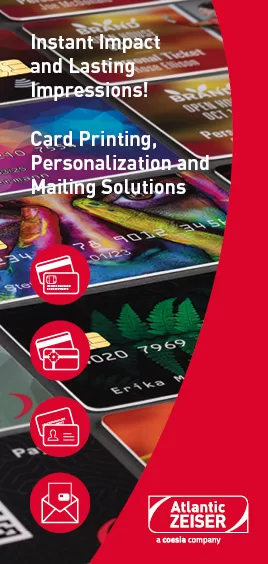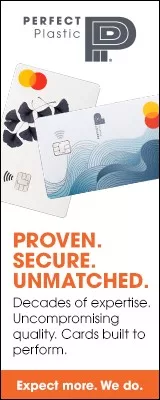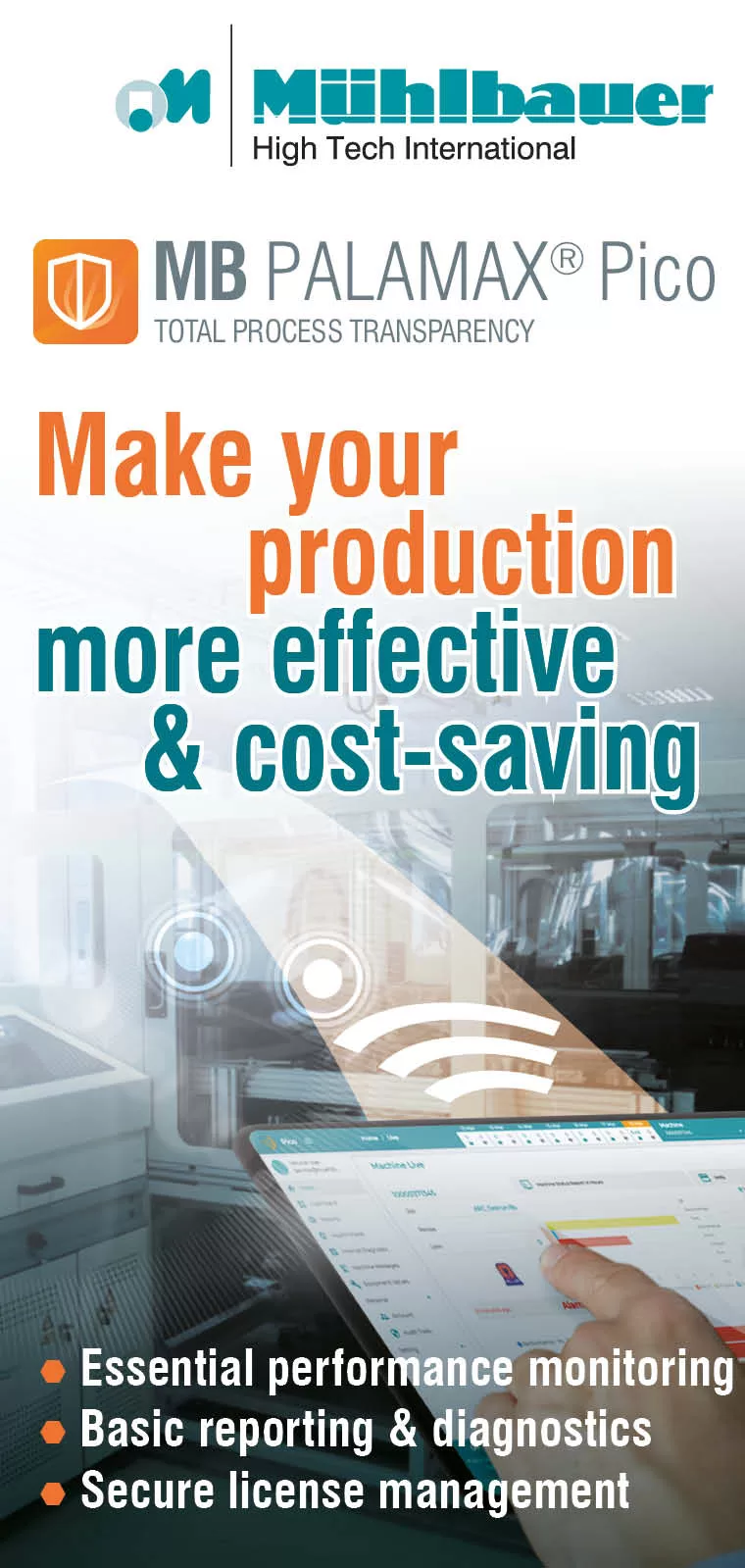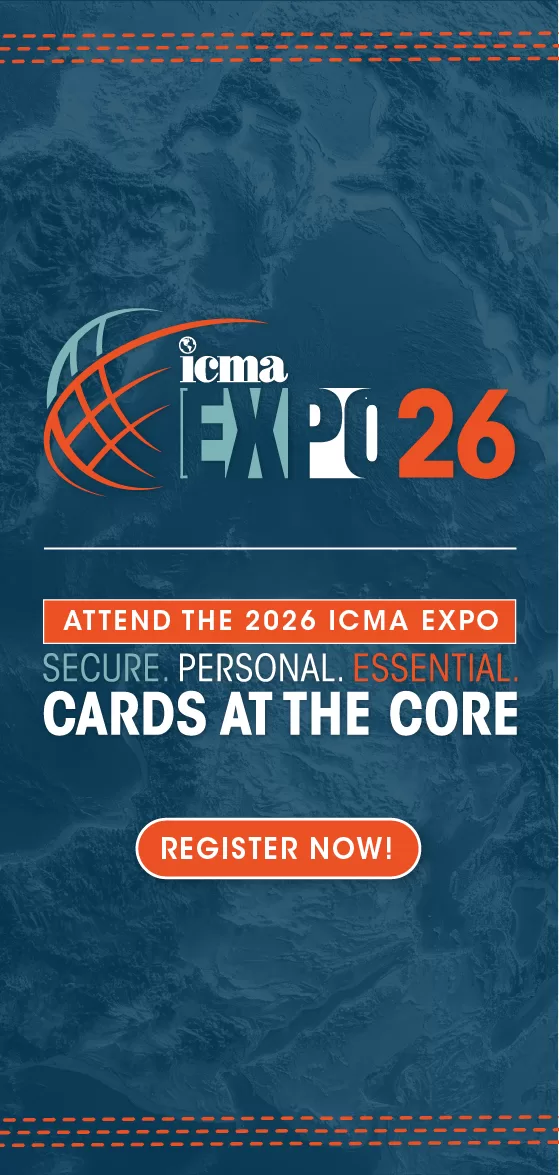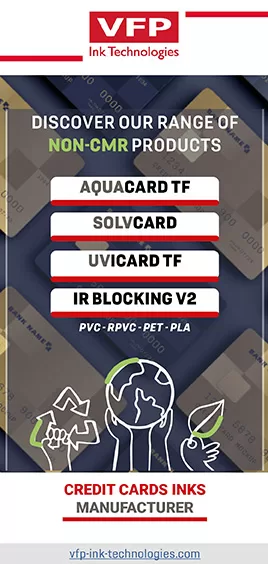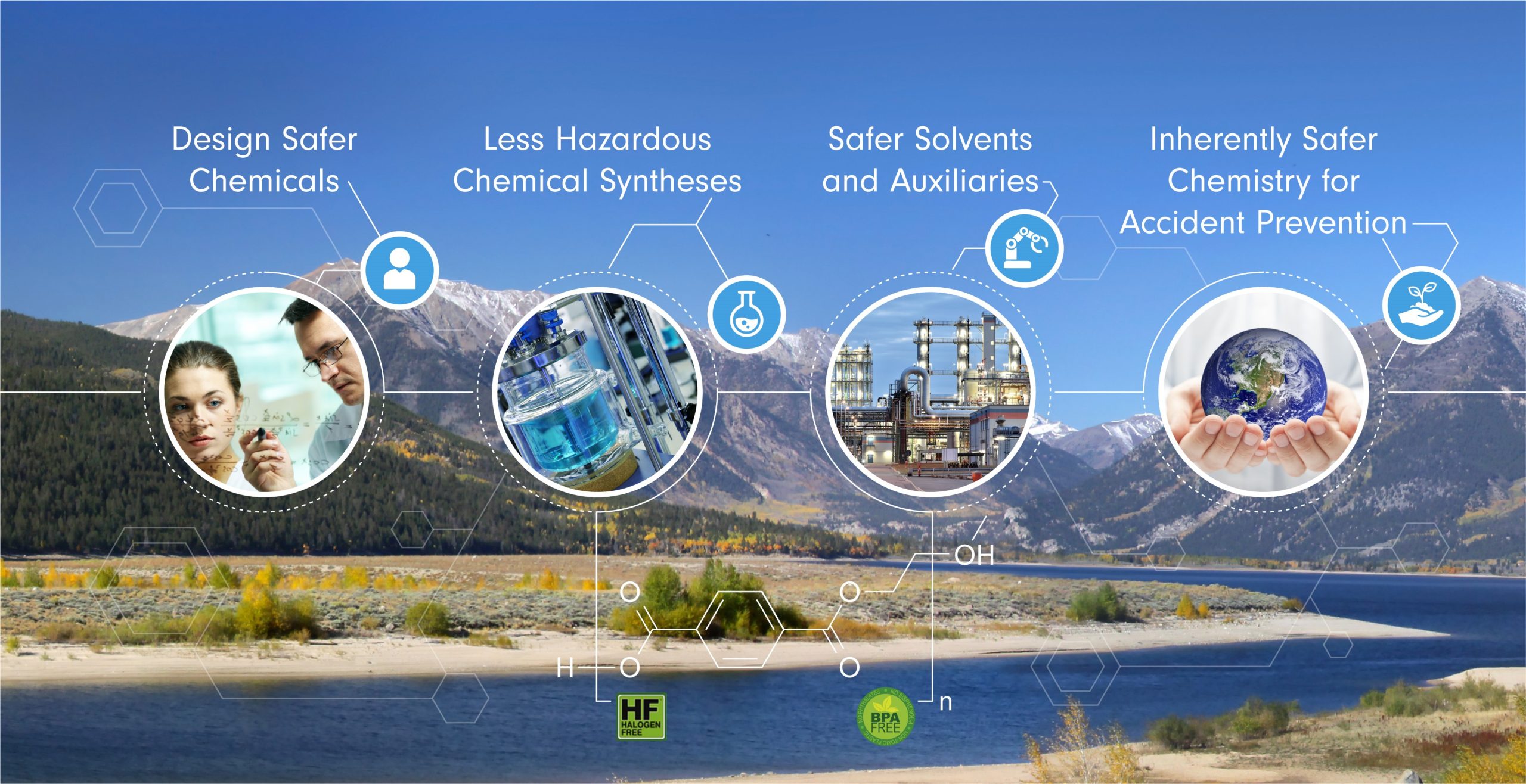
by Jennifer Kohlhepp | CM Magazine Featured
Circular Economy: Ocean Plastic Provides Sustainable Raw Material for Smart Cards
 By Daniel Lützelschwab, agent, Folienwerk Wolfen GmbH
By Daniel Lützelschwab, agent, Folienwerk Wolfen GmbH
More and more banks, corporations and smart card manufacturers around the world are using sustainable plastics. To follow this important trend, there is a promising innovation for identity documents, Parley Ocean Plastic, that will help to solve a seemingly intractable problem.
Every year, more than eight million tons of plastic enter the world’s oceans, threatening ecosystems and the animals that live there. According to science, 90% of large fish have disappeared from the oceans since 1950. By 2050, 90% of the world’s coral reefs will have been destroyed, according to forecasts. As marine biodiversity declines, so does the quality of human life. A major cause of this development is the careless use of resources, which is responsible for global warming, waste production and disappearing biodiversity.
Successful initiatives are counteracting marine pollution. For example, the global collaboration network Parley for the Oceans and its Parley Ocean Plastic material, created from upcycled plastic waste that was intercepted from beaches, rivers and coastal communities before reaching the ocean. Parley Ocean Plastic is used in electric cars, high-tech functional clothing and smart cards, and fulfills its new function perfectly.
International companies, such as banks and credit card manufacturers, are partners of Parley for the Oceans and use Parley Ocean Plastic with great success for their high-quality products. The material is also suitable for the production of identity documents.
At the 26th World Climate Conference COP26 in Glasgow, the 197 participating countries recognized that the world must do significantly more in climate protection this decade to limit global warming to 1.5 degrees. Plastic is a significant contributor to global warming, with both its production and combustion releasing greenhouse gases. The upcycling of marine plastics represents a necessary change in thinking: away from the currently prevailing linear open material flows to closed cycles.
CIRCULAR ECONOMY: A WIN-WIN SOLUTION
The circular economy aims at not throwing away resources, focusing instead on sustainable management. A recyclable plastic such as polyethylene terephthalate (PET) from marine plastics can be reprocessed by means of mechanical, molecular or enzymatic recycling. It easily rejoins the material flow and can be processed into a new product. It does not simply replace conventional plastics such as polycarbonate and polyvinyl chloride, it is a sustainable solution that goes one step further and sets an example. The circular economy is a working business case and a win-win solution for the economy, the environment and society.
It is important to view the environmental impact of plastics in a holistic way, not only in terms of their carbon footprint, which only looks at a single aspect, namely CO2 emissions. Only a life cycle analysis can determine the actual environmental impact: it holistically examines the environmental impact of products throughout their entire life cycle (from cradle to grave) and is thus significantly more informative.
GREEN CHEMISTRY IS THE BASIS FOR SUSTAINABLE PLASTICS
It is only possible to establish a truly sustainable and clean circular economy if its products and processes comply with the principles of Green Chemistry. The International Union of Pure and Applied Chemistry (IUPAC), the world’s leading scientific body on chemistry, defines Green Chemistry as “the utilization of a set of principles that reduces or eliminates the use or generation of hazardous substances in the design, manufacture and application of chemical products.” This definition lays the foundation for plastics that can be used without hesitation.
If the plastics industry wants to adhere to Green Chemistry requirements, it must eliminate toxic substances such as halogens and endocrine disrupting chemicals such as bisphenol A (BPA) from its raw materials and processes. Parley Ocean Plastic PET fully meets these criteria.
PET IS FUTURE-ORIENTED AND RECYCLABLE
The PET bottles that were intercepted from beaches, rivers and coastal communities before reaching the ocean belong to the polyester family. They are perfectly recyclable, whether colorless or colored, clean or soiled. Polyesters also meet the requirements of Green Chemistry as well as the EU Chemicals Strategy, the central part of the “European Green Deal.” They are free of toxic substances such as halogens and BPA at every stage of the life cycle. Polyesters are ideally suited for recycling.
It is assumed that only a limited proportion of plastic waste can be mechanically recycled. Moreover, mechanical recycling leads to a secondary raw material of lower quality with every recycling cycle the material went through. It thus merely delays disposal. The largest share of plastic waste can only be recycled molecularly or enzymatically.
These two recycling methods offer enormous advantages, as they provide a secondary raw material of the highest quality. Only molecular and enzymatic recycling allow the complete closing of the loop and support the circular economy. Both technologies allow plastic waste to be reintroduced directly into the economic cycle—an infinite number of times.
The U.S. chemical company Eastman Chemical has announced that it will invest up to 1 billion U.S. dollars in a new material-to-material molecular recycling plant in France. From 2025, up to 160,000 metric tons of difficult-to-recycle plastic waste will be recycled here each year. Until then, this waste will be thrown away.
Carbios, a pioneering biotech company, announced that it will build the first fully enzymatically recycled PET production plant in France in collaboration with Indorama Ventures. The reference plant is scheduled to come on stream in Longlaville in 2025 with a processing capacity of 50,000 metric tons of PET waste per year.
Recycled PET from marine plastic is the material of choice for smartcards and ID documents in every respect. PET is durable and enables the integration of all proven security elements.
GLOBAL INITIATIVE FOR A NEW PLASTICS ECONOMY
The independent Ellen MacArthur Foundation, together with the United Nations Environment Program, has developed the very broad-based New Plastics Economy Global Commitment initiative. The initiative is closely aligned with IUPAC’s Green Chemistry definition and the 17 UN Sustainable Development Goals, and it advocates a global circular economy. More than 500 organizations unite behind a common vision with the goal of holistically solving the problem of plastic waste pollution:
- More than 250 globally active companies (representing more than 20% of the plastic packaging used worldwide)
- Governments on all five continents
- Global financial institutions (together they manage $4 billion in assets)
- World Economic Forum (WEF), National Geographic, Consumer Goods Forum and numerous other non-governmental organizations
- More than 50 academies, leading universities and other educational institutions in numerous countries
Consumer goods groups around the world have made public their goals for using sustainable plastics in recent years. On the way to sustainable ID documents, plastics with a beneficial life cycle analysis such a s PET made from marine plastics are pointing the way.
This is an important step toward a clean circular economy that meets people’s growing need for transparency and environmental sustainability.
THE RIGHT MOMENT FOR DECISIONMAKERS AND GOVERNMENTS IS NOW
Political and social pressure is increasing to make environmentally sound choices. Companies and document issuers need to choose a sustainable, future-proof plastic now and position themselves as pioneers in our industry. They should set an example. Identity documents are your environmental statement to the world.
An identity document made from marine plastic has symbolic character. PET credit cards made from marine plastic are already being used extremely successfully and are receiving the positive attention they deserve.
Now ID document issuers can be among the first in the identity document market to seize this opportunity.
About the Author: Daniel Lützelschwab is CEO of smart ecofilms and a pioneer in sustainable, security-critical smart cards and ID documents. He advocates the use of high-quality recycled plastic from marine plastics instead of single use plastic. He is a partner and exclusive agent of films for smart cards and ID documents from Germany’s Folienwerk Wolfen GmbH.
